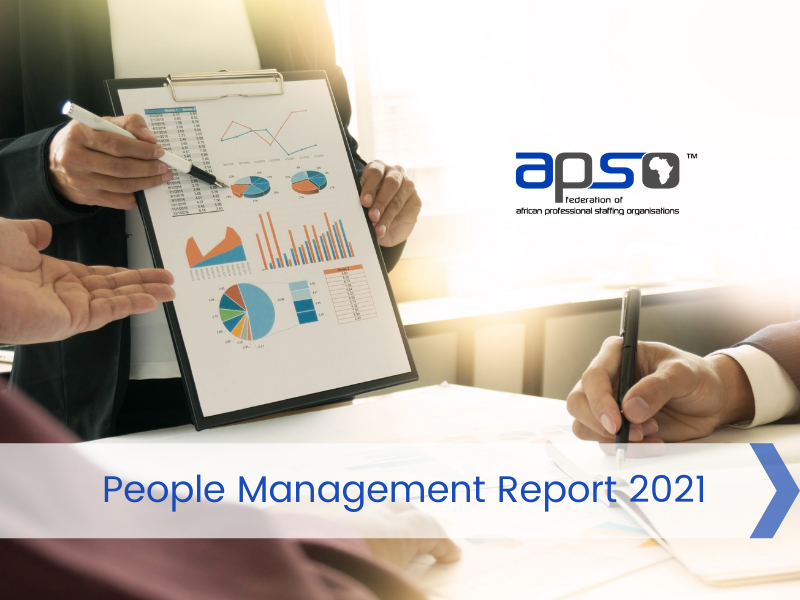Experts at commercial law firm Cliffe Dekker Hofmeyr have answered some pertinent questions for employers and staff alike ahead of the 2022 work year.
What are some of the flexible working models an employer can introduce in 2022?
Online work is a fast-growing trend. The digital revolution is driving new forms of employment facilitated by the various online platforms available. Remote and hybrid working arrangements allow employees to work from home and attend at the traditional workplace/office intermittently.
Typical employment is full-time employment for an indefinite period while atypical working models include temporary placements, fixed-term contracts, and variable hour contracts (which are a special form of part-time employment).
What are some of the benefits of atypical employment?
- These working arrangements afford both employers and employees greater flexibility.
- They can attract highly skilled employees who favour the flexibility that they offer.
- They also allow employers to contain labour costs and tend to provide a larger pool of candidates with the opportunity to gain work experience and develop their skills.
What are possible negative consequences associated with remote working and other atypical employment relationships?
Possible negative consequences include lack of job security and the potential for excessive or improper use of atypical forms of employment. These negative consequences can impact equality in the workplace as well as productivity and growth.
Is employee consent required to move to a hybrid/remote working model?
Employers looking to implement a hybrid/remote working model should consider whether their employees’ place of work and the working arrangements are determined through workplace practice, or whether they are incorporated as terms and conditions of employment in employees’ contracts of employment.
If the employees’ working arrangements including place of work are set out in the contract of employment, this may require that any change to the working arrangements be effected with the employees’ consent. Failure to secure consent could result in a unilateral change to the employees’ terms and conditions of employment.
In addition, if the employer subsequently dismisses an employee for failing to adhere to the new hybrid/remote working model, this may expose the employer to a claim for an automatically unfair dismissal.
What does an employer do when employees refuse to return to the office in 2022 and on what basis can an employee lawfully refuse to return?
Employers that have conducted a risk assessment of the workplace and implemented appropriate measures to ensure the health and safety of employees such as social distancing, sanitizing, vaccination policies and ensuring that employees wear personal protective equipment will be entitled to call on employees to return to the office.
The contract of employment may stipulate an employee’s place of work. If an employee unreasonably refuses to return to the stipulated place of work, then the employee may be in breach of the contract of employment and the employer may institute disciplinary action against
the employee. An employee who fails to adhere to a reasonable and lawful instruction from an employer to return to the contractually agreed workplace may be guilty of insubordination which is a form of misconduct and may result in dismissal. However, employees have the right to refuse to return to the workplace if they have a legitimate and objective reason to believe that the workplace poses a threat to their health and safety.
Employers should assess the reasonableness of an employee’s concern and eliminate the risk, if any. Once the health and safety threat has been remedied a continued refusal may constitute insubordination.
Can an employer implement a mandatory vaccination policy in 2022 notwithstanding the missed 21-day deadline?
The 21 day period within which an employer was required to conduct a risk assessment expired on 2 July 2021. However, there is no prohibition in the 11 June 2021 Directions to an employer implementing a mandatory vaccination policy beyond this date.
What are the steps employers need to put in place now in order to implement a mandatory vaccination policy come January 2022?
Employers may:
- Identify the employees who fall within the identified category/categories of employees that must be vaccinated, and inform them of the measures that will be implemented with regards to the mandatory vaccination policy;
- Provide electronic support to assist employees to register on the EVDS Registration Portal for Covid-19;
- Inform employees that they will be entitled to paid time off to be vaccinated, provided an employee shows proof of vaccination;
- Allow employees to submit objections/application for exemption to being vaccinated based on Constitutional, religious or medical grounds;
- Provide employees with information on the nature and benefits of the Covid-19 vaccines; and
- Provide employees with information on the risks of any serious side effects such as allergic reactions.
What measures can an employer implement to mitigate the risk of an outbreak of Covid-19 in the workplace once employees return from the holiday period?
An employer may implement the following measures:
- Send a communication to all employees ahead of the festive season encouraging them to adhere to all health and safety protocols outside the working environment for the duration of the holiday season;
- Remind employees throughout the holiday season of the mandatory health and safety measures as required by the government;
- Encourage employees who display any symptoms of Covid-19 to remain at home and, in serious cases, to submit themselves for testing;
- Maintain strict screening protocols upon entrance to the workplace in 2022; and
- Ensure that all health and safety measures are strictly adhered to, as many employees may be asymptomatic.
As an employer obliged to pay employees who are self-quarantining?
Where an employee is able to work from home while quarantining, the employee may do so and will therefore be entitled to their full salary. In cases where an employee is unable to work from home, the employee may make use of their annual leave for the quarantine period.
Where an employee has exhausted their appropriate leave, the principle of “no work, no pay” will apply, and the employee will be placed on unpaid leave.
How does an employer manage productivity and performance of employees working from home?
There are important considerations pertaining to productivity and performance management that employers and HR need to take into account as remote working and hybrid working arrangements continue into 2022.
Employers may implement, inter alia, the following measures to monitor and ensure productivity:
- daily check-ins;
- daily collaboration sessions during which employees share ideas in order to maintain motivation;
- clearly defined daily/weekly deliverables;
- introduction of efficient technology and productivity tools; timesheets; and
- assisting employees with developing strategies to work effectively from home.
An employer may also introduce various practical measures to engender a work culture, albeit whilst at home, such as an online meeting dress code policy, customised backgrounds for meetings, requesting that employees attend meetings, insofar as possible, in a quiet area of their home so as to ensure that a level of professionalism is maintained.
Employers should review the conduct and performance of employees who are currently working from home and identify any gaps in productivity, performance and monitoring and evaluation.
Based on this assessment, employers should review their work from home policies and remote work protocols to assess the ways in which they can make the remote work environment more effective and efficient.
- By Cliffe Dekker Hofmeyr





























